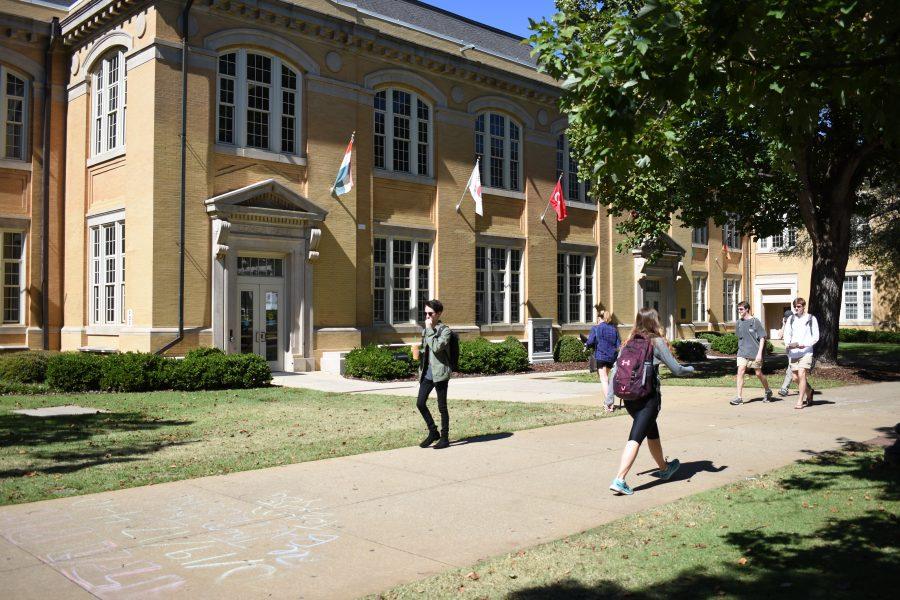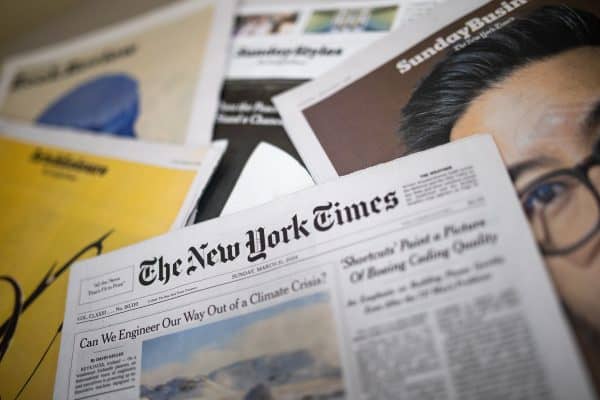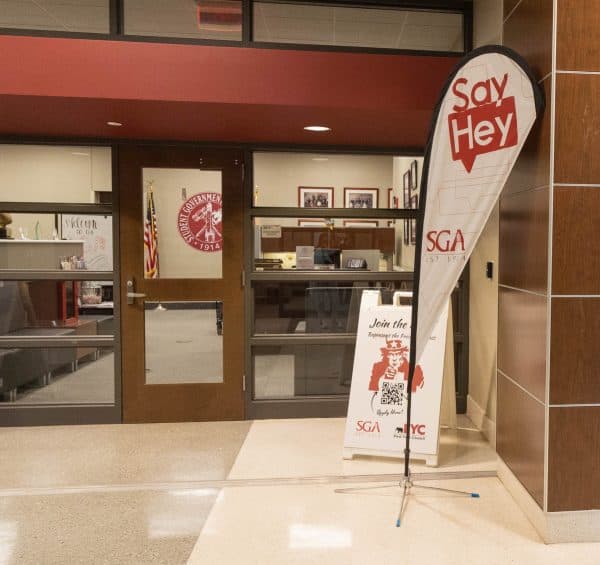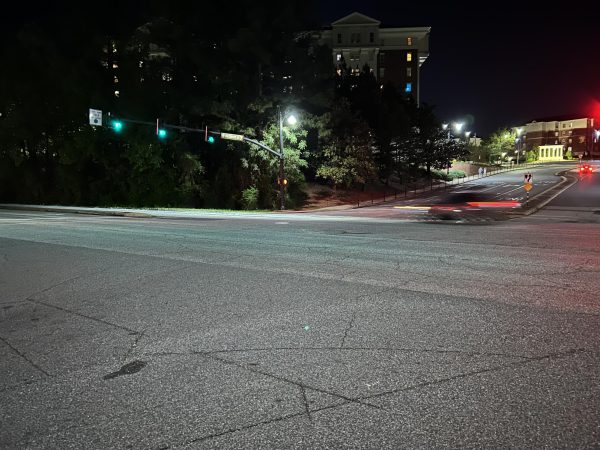International students discuss barriers to inclusive campus community
November 13, 2017
It was a Monday night, and Sakina Dhondia had a test the next day, but she and her friends didn’t come to the third floor of the Ferguson Center to study.
Instead, they sat around a table outside the Crossroads office, pen and paper in hand. The assignment? Jot down something others would never know about you.
“This person jumped out of a [second] story window,” Christa Langston said, as she read from a torn strip of copy paper.
“It’s Obi,” a couple others said, pointing across the table.
“I think it’s Sakina,” one student said.
Dhondia looked up from the study guide she was scanning underneath the table and laughed.
“[At my school in the Netherlands], you have one side where you park your cycles, and then a door that is on the other side,” she said. “I didn’t want to go all the way to the other side, so I just climbed through the window!”
Dhondia is one of the University’s 1,476 international students. Dhondia, a UA junior, serves as the International Student Association’s (ISA) vice president.
The club hosts a Study Break every Monday at 7 p.m. on the third floor of the Ferguson Center, where Langston, ISA’s event planner, comes up with creative ways to bring international and domestic students together. Home and friendship can be found in the ISA and other programs within the Capstone International Center, said Parnab Das, former ISA president.
“Every student on campus should know what’s happening on this campus,” Das said. “We tell people this, every international student, find a new friend. Every domestic student, find a new home. You come and find a friend, and we will give you a home.”
Farrar, the club’s current president, is a domestic student. As an advocate for international students, she said her goal is “to make opportunities where it’s easier to talk.”
“We all tend to easily form relationships with people who we find common ground with, and it can be harder to find common ground with someone who’s from another country,” Farrar said.
Although weekly newsletters keep her up to date and a supportive faculty made her visa transfer a simple process, Dhondia said language and cultural barriers can prove difficult for some students.
“It’s always like you’re a fish out of the water,” she said.
Fawzi Shrahili came to campus to perfect his English before a Saudi Arabian military program sent him to a base in Pensacola.
“To be honest, in the beginning I was afraid,” Shrahili said. “There are many differences between my culture and this place.”
It was the military way of thinking, Shrahili said, that prepared him for the year and eight months that he spent at the University learning English.
“You will free yourself,” he said. “You can find the place for yourself. You can see what you want and how to live your life by a different way.”
Shrahili and other international students are part of a declining population on campus, as reported by The Crimson White on Oct. 23.
Das said last year’s travel ban may have deterred some international students from looking at schools in the South.
“We all have our own prejudices and mind-blocks,” Das said.
To improve the experience of international students already on campus, Das said collaboration between multicultural clubs and the SGA needs to happen. This includes widespread promotion of ISA events.
“They should come out of their mansions, and come to us, and see what we are doing,” he said.
Das is the only international student to serve on SGA Senate. Two international students served in the Senate last year, and before that, there were none. This, he said, needs to change.
“As a student, I know exactly what I need, rather than an administration telling me what I need,” he said. “It’s because of the students, by the students, of the students and for the students that the University has been active.”
Das, last year’s recipient of the Capstone Heroes award for his service on ISA, said he will not stop fighting for diversity and inclusion on campus.
“We should understand that [diversity is] the beauty of the country that is making America great,” he said.











